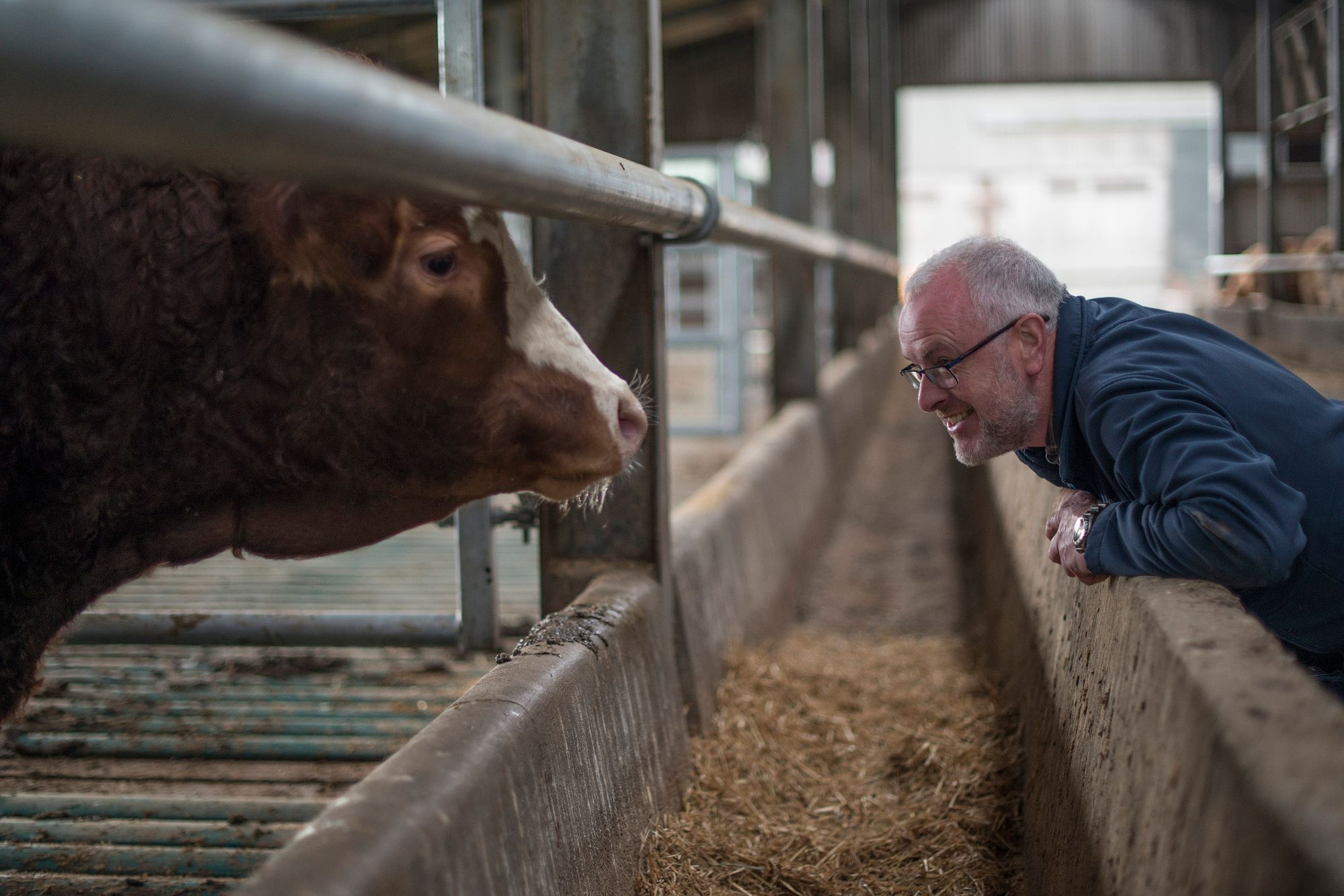Unmasking Beauty: How to Safely Get Your Glam (Makeup) on Again
Longer days, warmer temperatures and more people getting vaccinated are a welcome sign for all of us hoping to get back to doing what we want to do. One of the changes is that some countries are easing mask restrictions.
That’s great news! But it is also rife with some humor as we reacquaint ourselves with lip gloss. Some of my friends have been sharing stories about their experiences going from the COVID “it’s all about the eyes” beauty regime to re-entry into the world of full-face glam. One friend described how she added the pandemic pops of color to her eyes and eyebrows, some mascara and a little foundation to her forehead, only to realize when she met friends at a restaurant and pulled her mask off, that half of her face was make-up less — and the contrast was visible.
Now that we are finding ourselves rummaging through our makeup bags again for concealer and blush, I know that after this stressful year, many of us are ready to reinvest in post-COVID beauty products. I’m also into my overall health and want what I eat and put in and on my body to be healthy and good for the environment too.
I’m not alone. With the rising awareness of the harmful effects of synthetic products such as makeup, sunscreen and moisturizers, everybody in my circle seems to be talking about “clean” or “natural” personal care brands. I’m thinking that like me, you may wonder what we should make of it all. How do we know if cosmetics and personal care products that claim to be “organic” really are?
Kim Truong, technical reviewer for organic food and personal care products at NSF, spends much of her time reviewing products, including topical and personal care products we use every day before, during and as the pandemic quarantines lighten.
"Independent certification demonstrates a manufacturer's commitment to quality and Good Manufacturing Practices.”
“One way to tell if a skincare, hair or makeup product has been created with consideration for sustainability and organic practices is to look if it is certified,” she says. “There are many certifications that can apply to products and distinguishing between different claims can be confusing.”
For example:
- The U.S. FDA does not define or regulate the term “organic” as it applies to cosmetics, body care or personal care products, so the term is often used without official backing. The USDA, however, regulates the term “organic” as it applies to food with the National Organic Program (NOP) regulation.
- Personal care products containing at least 70% organic ingredients may not meet the NOP regulation, but may qualify for certification under standards such as NSF/ANSI 305. The NSF/ANSI 305 standard encourages manufacturing personal care products using organically grown ingredients within the supply chain. These product claims and ingredient verification is conducted by a third-party certifier. For example, body lotion made with at least 70% organic ingredients (excluding water and salt) and only organic herbs may be labeled, for example, as “body lotion made with organic lavender, rosemary and chamomile,” or “body lotion made with organic herbs.” The standard also includes allowances for natural ingredients, such as mined minerals (iron oxides, titanium dioxide and zinc oxide)
"Manufacturers can pursue independent certification to demonstrate commitment to quality and Good Manufacturing Practices,” says Kim.
Organic and non-toxic beauty products certified to NSF/ANSI 305 do not include:
- Genetically engineered/modified ingredients (GMOS)
- Manufactured herbicides
- Artificial fertilizers
- Synthetic preservatives
- Artificial colorants
- Parabens or other toxic ingredients
- Artificial fragrances
Kim recalls an experience during a recent trip which reinforced the importance of ensuring product claims on personal care products for consumers. “I’m always reading beauty product labels,” she says. “So, I was interested when the soap in my hotel bathroom claimed it was organic on the front label. There was no certification statement elsewhere on the label, so that tells me that the claims have not been verified.”
Products certified to these standards may also meet local mandatory eco-friendly requirements. On previous trips to Mexico (pre-COVID), Kim discovered that many resorts and public pools require swimmers to use biodegradable sunscreen, sun block and suntan oils. This ensures the water and local environment remain free of contaminants and minimizes damage to the marine ecosystem.
“You’ve really got to be careful as a consumer buying cosmetics and personal care items with ‘organic’ claims. One way to ensure the products are verified to contain organic ingredients is to buy products with NSF/ANSI 305 certification,” says Kim.
Sign Up for Tips for Better Living
Stay up to date with what matters most to you and your family.
Sources:
www.covid19.columbia.edu/content/faqs-regarding-sars-cov-2-vaccine#/cu_accordion_item-3850
www.ams.usda.gov/sites/default/files/media/OrganicCosmeticsFactSheet.pdf
Related Posts

Foodstuffs: How To Store and Heat Leftovers Safely

Kitchen Cleaning 101: Your Ultimate Guide to Optimum Kitchen Cleaning

Keeping a Clean Home, Especially When You Share It With Your Pet

loMT: Utilize Internal Information Security Expertise to Combat Cyber Risks
How NSF Can Help You
Get in touch to find out how we can help you and your business thrive.

What’s New with NSF

Healthy People Living on a Healthy Planet: The Future We’re Working For
April 4, 2024
American Meat and Egg Distributors Now California-Ready with NSF’s Prop 12 Certification
April 3, 2024
2024 GFSI Conference - Meeting the Needs of our Evolving World
March 20, 2024